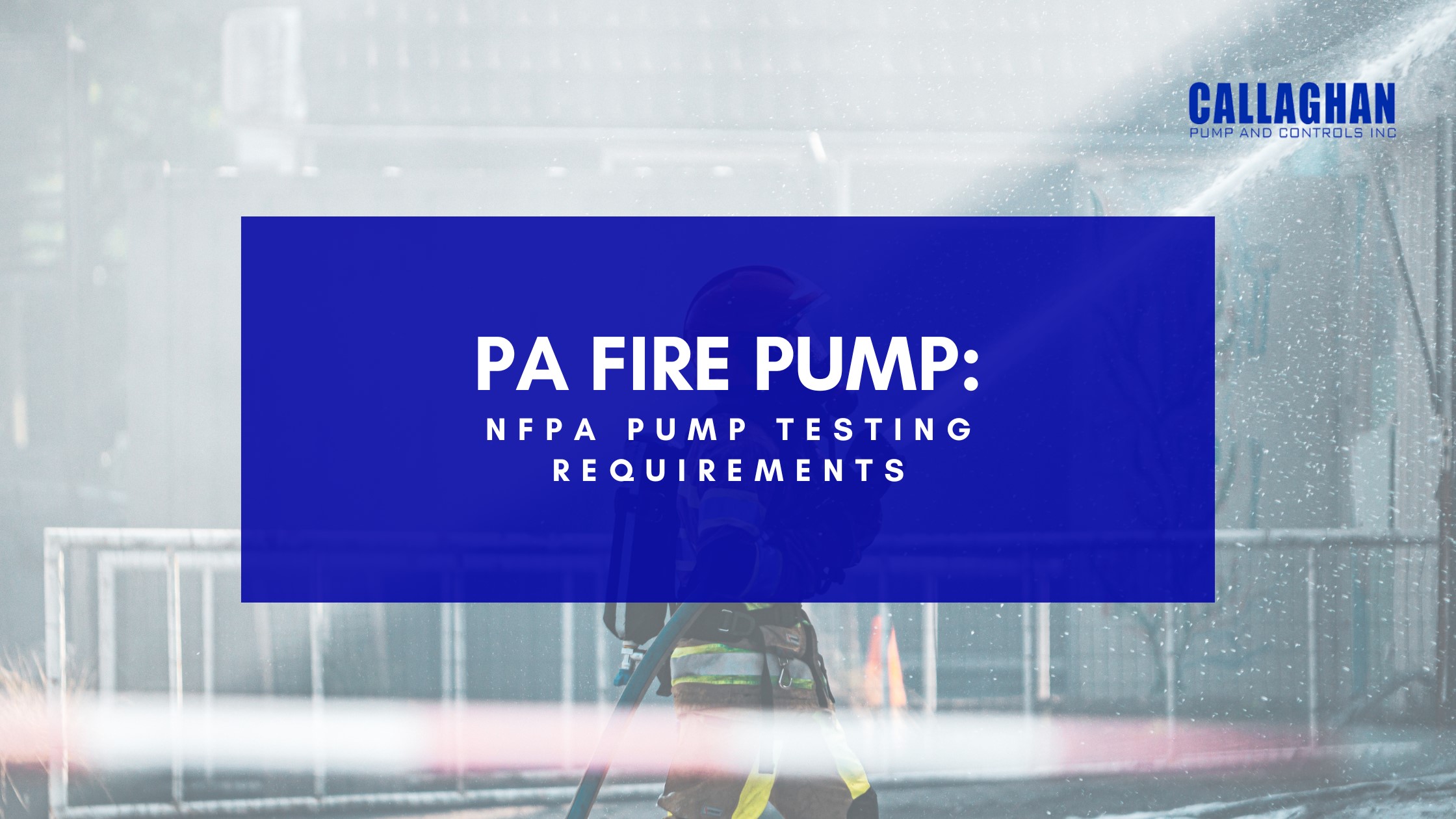
July 11th, 2024
Whether you want to protect an industrial facility, residential building, or commercial space, there’s no room for compromise regarding fire safety. A fire can occur at any time, so it is better to have a fire protection system in place. This is where PA fire pumps play an essential role in ensuring the fire protection of your building.
Just like any other pump, fire pumps can fail for various reasons, such as mechanical issues or lack of maintenance. Regular testing and inspection are crucial to ensure smooth operations and identify and address issues before they become critical.
Here, NFPA standards are essential for ensuring these critical components of fire protection systems are designed, installed, and maintained to operate effectively and reliably.
NFPA or National Fire Protection Association is a self-funded, non-profit organization that eliminates death, injury, property, and economic loss due to fire, electrical, and related hazards. This US-based international association claims to have 50,000 members and 9,000 volunteers working with the organization.
NFPA establishes codes and standards that govern the installation, operation, and maintenance of fire protection systems, including PA fire pumps. Here are some key reasons why NFPA standards matter:
The NFPA dictates the frequency of pump inspections and testing. It recommends weekly and annual testing to ensure your fire pump is fully operational.
When conducting tests, ensure you are trained to perform tests per the manufacturer’s guidelines. Let’s explore the rules and regulations set by the NFPA for testing your Pennsylvania fire pump.
If you have a diesel-driven fire pump, NFPA requires you to perform a weekly inspection and no-flow test. Make sure it is completed per NFPA-25. Minimum weekly inspections include checking your fire pumps by keeping the following in mind:
Once a year, Pennsylvania fire pumps must undergo a comprehensive test to evaluate their performance and ensure they meet the design criteria. This test involves running the pump at its rated capacity and measuring the flow rate, discharge pressure, and other critical parameters. Any deviations from the expected values must be investigated and corrected.
Annual fire pump tests are more crucial and need to be performed by a competent professional who can provide a full report on the test results. They can help uncover any issues with your pump’s pressure and flow. Key aspects include:
These tests also include a flow test to measure the performance of your Pennsylvania fire pump and driver to verify it meets the original design requirements. They can take about a day, depending on the complexity of your fire pump system.
Depending on your test findings, you can create a plan for corrective maintenance. This also helps ensure your pump is restored to full-function pumping capacity or replaced with a brand-new PA fire pump to ensure you remain compliant with NFPA recommendations. Contact us today for more information.!
john@callaghanpump.com,
eileen@callaghanpump.com,
dan@callaghanpump.com,
sales@callaghanpump.com,
service@callaghanpump.com












